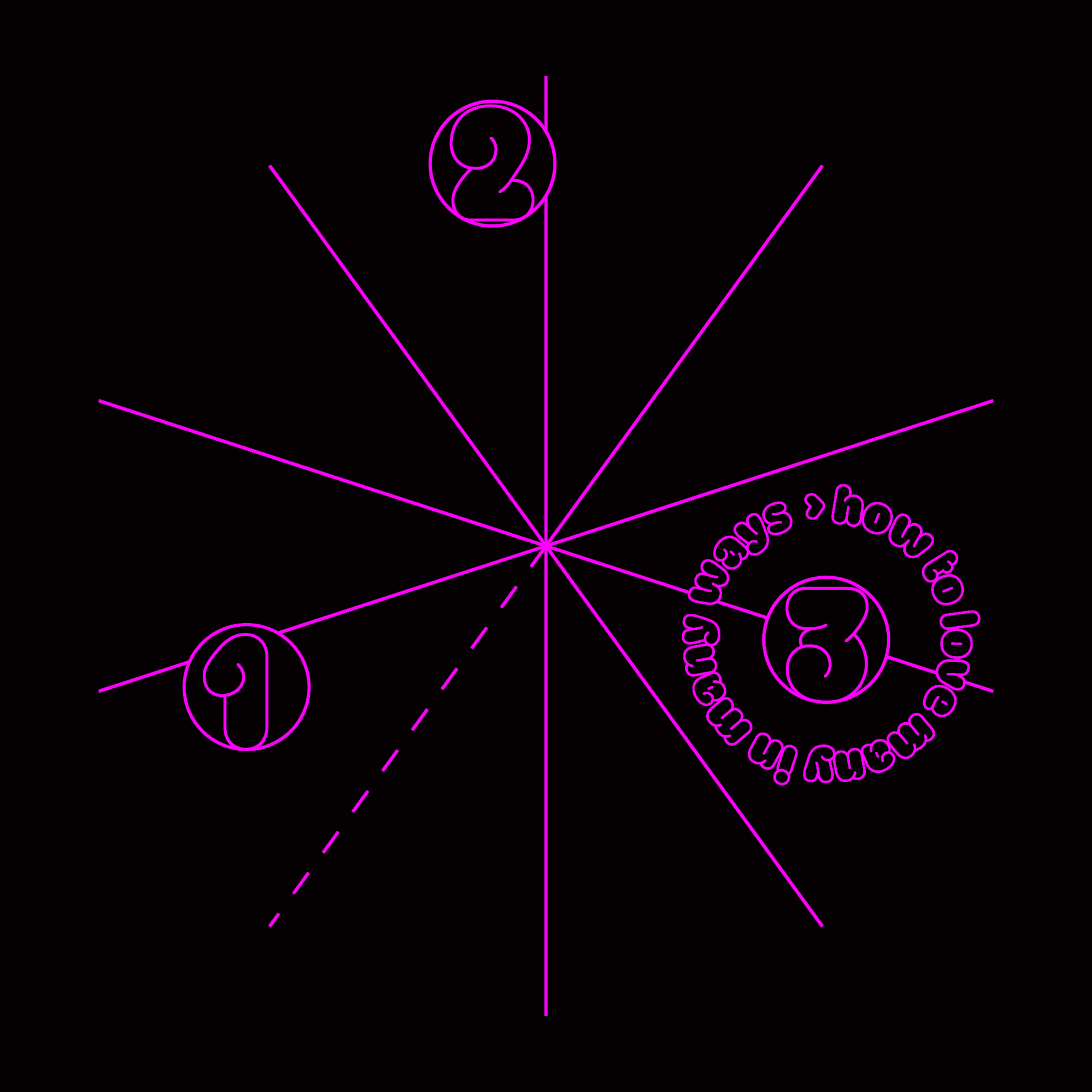How to Love Many in Many Ways
The project departs from a question based on the claim that you can intentionally perform falling in love (and subsequently fall out of love as well). Yet, because we share a ground belief that love is not a private thing and that this question can only be addressed collectively, others were invited to develop an exercise/game responding to the question: How to Love Many in Many Ways?
Eight contributors responded to that question. Coming from diverse disciplines and backgrounds, their responses range from the artistic to the scientific, the somatic, and the satirical:
- Engy Mohsen and Gabriel Hensche, artists (Cairo/Berlin), kicked off with the titular “How to Love Many in Many Ways”, a set of exercises that playfully invite you to enact many rituals with many options of potential players; Yourself, Other/s, Other Other/s.
- Eliana Otta, artist (Lima), responded with “Rehearsing Horizontalities”, a set of exercises to create scenarios where players re-examine their relationship with others by playing with their spatial, choreographic, and acoustic awareness, all while maintaining what she calls a ‘Horizontality Pact’ to reexamine our relationships with others.
- Eleonora Toniolo, interdisciplinary designer (Berlin), responded with NOI Game, a card game that attempts to shift a common understanding of communication that particularly emphasises speaking up as a preferable mode to its supposed opposite: silence.
- Ingo Niermann (The Army of Love), writer/artist (Basel/Berlin), responded with “Falling in Love with the World”, an exercise that directs the group to overcome aversions and extend notions of love and care to others or objects.
- Mohamed Al Bakeri, artist (Cairo/Sierre), responded with “The Things You Do for Love”, a board game that invites players to think of love as a material need and commodity. while navigating the world of online dating.
- Petra Mrša, artist/photographer (Berlin), responded with “Shivering Throats, Breaking Walls”, as she plays with alternative notions of intimacy and encounter, ideas of presence and absence, and unconventional modes of communication and exchange.
- Philip Ullrich, artist (Zurich/Bern), responded with “Take That Loving Grace”, a game where two players try to win the game ‘Nim’ – one by following computer-generated moves in the role of the ‘machine’, the other on their own as the ‘human’.
- Rania Atef, artist (Cairo), responded with “Bad Mother”, a card game that critically–and sarcastically–scrutinizes the societal gaze for maternal love and the domestic performance of mothers as well as the criterion of a ‘Good Mother’.
- Raúl Hott, artist/architect (Santiago), responds with “Total Body”, an invitation to understand radiance, experience new ways of relating to affect, affection, and interact with all living beings, and reconnect with our planet.
- Shahd Omar, somatic practitioner/architect (Cairo), responded with “Embodied Encounters”, a playful attempt to redefine consent as the process of establishing agreements, and how to communicate it beyond verbal exchanges.
We are exploring and testing all games and exercises. Through our lab with School of Commons, we discovered a missing position in the nine current proposals, and hence invited Eleonora Toniolo (SoC alumni) to propose the tenth position.
We invite you to download, play and share these games with others, in your everyday life!
| ❥ |
Engy Mohsen, is an artist and curator based between Cairo and Zürich. While spatial design remains at the core of her interdisciplinary practice, she explores the notions of ‘participation’ and ‘collectivity’ by hosting formats of meetings that invite non-artists and artists to think about how spaces can be organized to include the ‘other’. Engy Mohsen is 1/5 of the artist group K-oh-llective.
Gabriel Hensche, lives and works in Berlin. In his artistic practice, he follows situational, conceptual, and collaborative approaches. His works investigate contemporary belief systems by echoing, altering, and dispersing explanation models to explore possibilities for community and co-existence. Since 2017, he helped establish Campus Gegenwart, as managing director.
Contributors: Eleonora Toniolo, Eliana Otta, Ingo Niermann (The Army of Love), Mohamed Al-Bakeri, Petra Mrša, Philip Ullrich, Rania Atef, Raúl Hott, Shahd Omar.
Edited by Ismail Fayed, proof-reading by Jenifer Evans, visual identity by Engy Aly.


